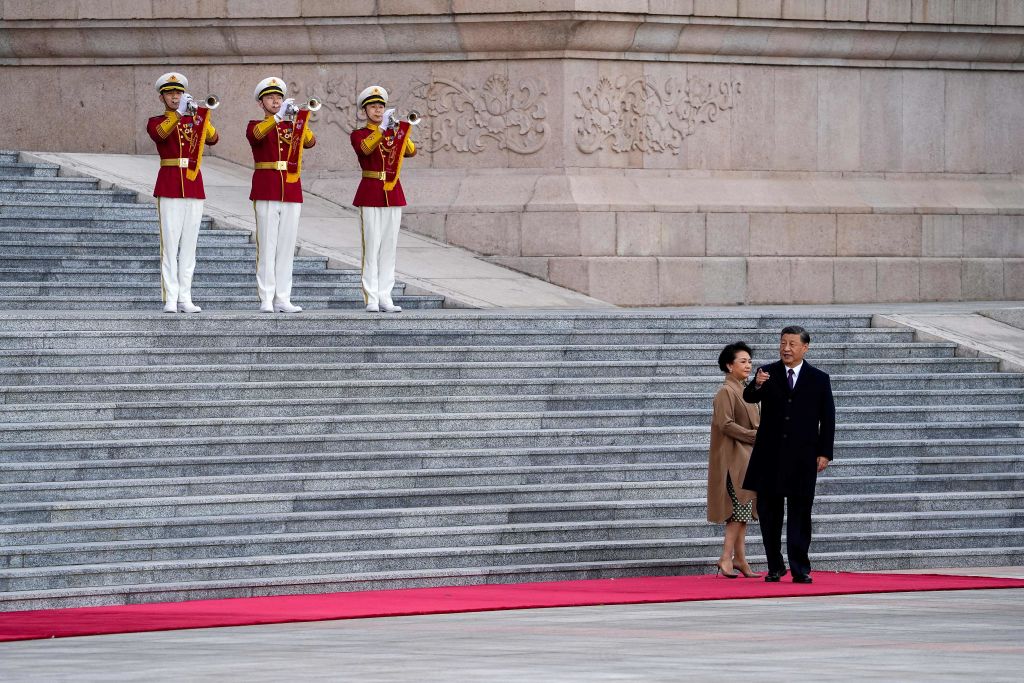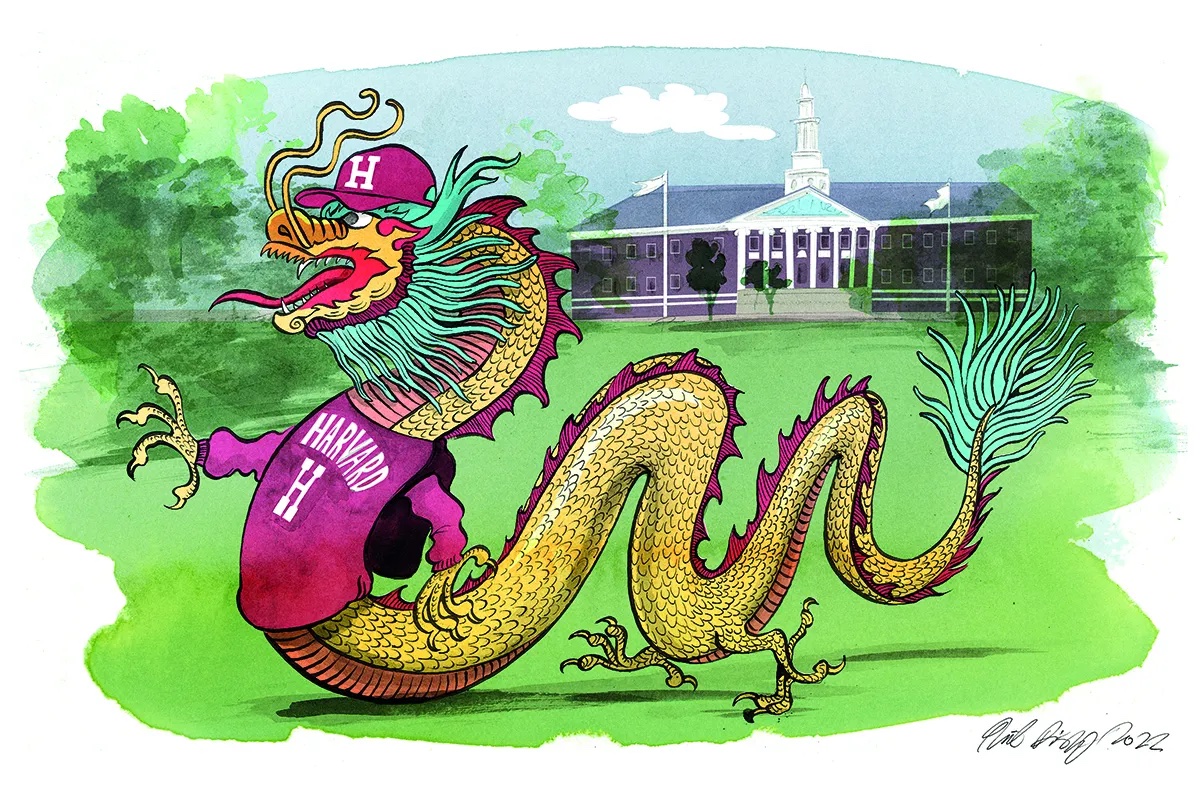Mao Zedong had a big thing about contradictions. They were the basis of life, driving it forward, the old despot once mused. But even he might have struggled to understand today’s Communist Party — which is desperately trying to drum up foreign investment while simultaneously hounding foreign companies out of the country.
The latest figures on inward investment will have made grim reading for the elderly leaders in Zhongnanhai, their compound in Beijing. Foreign investment fell to $20 billion in the first quarter of 2023, compared with $100 billion over the same time last year, according to the research firm Rhodium Group. This comes as the economic recovery following China’s reopening after Covid-19 is rapidly running out of steam. June exports fell 12.4 percent year on year, youth unemployment at more than 20 percent is at its highest level since China began publishing data in 2018, and analysts are scrambling to cut their growth forecasts.
There are whispers that the country is becoming uninvestable
Beijing has labeled this year the “Year of Investing in China.” Regional leaders have sent delegations around the world to drum up interest, with little to show for it. At a World Economic Forum event in the Chinese port city of Tianjin last month, China’s premier Li Qiang told a round table of business leaders, “I want to take this opportunity to affirm China’s commitment to opening up.” While this week, Xi Jinping himself was quoted by state television as calling for greater foreign cooperation in trade, investment and financial innovation.
It all smacked a bit of desperation after months of Xi trying to bring foreign companies to heel. This including questioning staff at consulting firm Bain and Co and raiding and detaining staff at the Beijing office of the due diligence company Mintz Group. Both of these companies deal in information, making the sort of insights into the market and about would-be partners that are essential in the opaque world of Chinese business. The CCP seems intent on closing down sources of information it does not control. China has barred its companies from buying from US chipmaker Micron Technology and has introduced a vaguely worded anti-espionage law, which allows for the inspection of electronic devices and baggage. It has also raised fears that business activities long regarded as routine, such as market research, could be criminalized. All of this has added to the perception in foreign boardrooms that doing business in China has become very risky. There are whispers that the country is becoming uninvestable.
The strange juxtaposition of opportunistic charm and thuggery is also evident in Hong Kong. The government has launched a “Happy Hong Kong” campaign to woo back tourists and business. But just as this was getting up to speed the Hong Kong authorities announced they were offering a HK$1 million ($128,000) award for information leading to the arrest of eight exiled pro-democracy activists. John Lee, the territory’s tin-pot leader, announced that the activists should be treated like “street rats.” Earlier this week, Hong Kong police took away for questioning the parents and brother of Nathan Law, one of the wanted activists, who is now in the UK.
It is not just foreign businesses which are finding the business climate in China more challenging. The CCP has also tightened its control of nominally private domestic businesses, particularly tech companies. There is also evidence of stepped up capital flight. Economists at Goldman Sachs believe as much money will flow out of the country this year as will come in — and that’s just the money we know about. The property bubble continues to deflate, with real estate companies — the main engine of the economy — still in severe difficulty and local government swimming in debt. Some are hoping for a big government stimulus to pump up the economy, but the return from these infrastructure splurges has been declining for some time. China’s growth model seems to have reached its limits. These old remedies no longer work.
China’s leaders have shown themselves to be very prickly when it comes to western talk of “de-risking,” the buzz-phrase that has replaced “de-coupling.” “Governments should not over-reach themselves, still less stretch the concept of risk or turn it into an ideological tool,” premier Li Qiang complained in Tianjin. The CCP’s anger at “de-risking” suggests western governments have got it about right.
The CCP will still lay the red carpet out for the likes of Tesla’s Elon Musk and Wall Street banks, but that is because China needs them. It wants to lead the world in EV technology and its financial system requires more expertise. Wall Street has also been a powerful lobbyist for the CCP in the past. They will be welcomed as long as they serve a purpose for the CCP, after which the door will be slammed shut on them. That has long been the CCP’s notion of opening.
To Xi Jinping, everything is now subordinate to national security and party control. The era of reform and opening, as far as it every existed, is dead. Xi may have hoped that western investors, so gullible in the past, would not notice, or would simply grit their teeth and go along with it, seduced by the mythical promise of the China market. There’s long been a view in Beijing that foreign companies would put up with almost anything for a slice of the China market, but calculations are changing, and many are now concluding that Xi’s China is simply not worth the ordeal.
This article was originally published on The Spectator’s UK website.

























